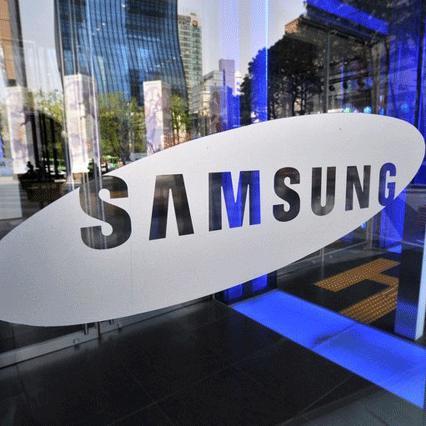This paper focuses on mitigating DRAM Rowhammer attacks. In recent years, solutions like TRR have been deployed in DDR4 DRAM to track aggressor rows and then issue a mitigative action by refreshing neighboring victim rows. Unfortunately, such in-DRAM solutions are resource-constrained (only able to provision few tens of counters to track aggressor rows) and are prone to thrashing based attacks, that have been used to fool them. Secure alternatives for in-DRAM trackers require tens of thousands of counters. In this work, we demonstrate secure and scalable rowhammer mitigation using resource-constrained trackers. Our key idea is to manage such trackers with probabilistic management policies (PROTEAS). PROTEAS includes component policies like request-stream sampling and random evictions which enable thrash-resistance for resource-constrained trackers. We show that PROTEAS can secure small in-DRAM trackers (with 16 counters per DRAM bank) even when Rowhammer thresholds drop to 500 while incurring less than 3% slowdown. Moreover, we show that PROTEAS significantly outperforms a recent similar probabilistic proposal from Samsung (called DSAC) while achieving 11X - 19X the resilience against Rowhammer.
翻译:暂无翻译




